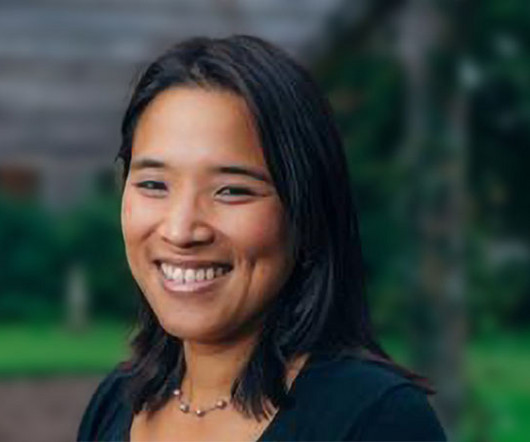Dementia and high risk surgery: Joel Weissman and Samir Shah
GeriPal
JUNE 30, 2022
Should she have an operation, and risk the pain, potential complications, and attendant delirium associated with the operation? And then, the family, her kids got together, my wife and her brother and sister got together and said, wait a minute, mom did not want this, right? She falls and breaks her hip. She has advance dementia.














Let's personalize your content